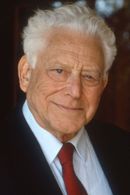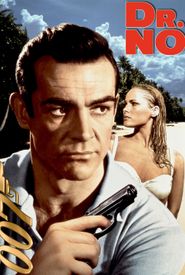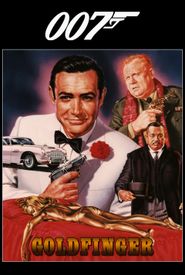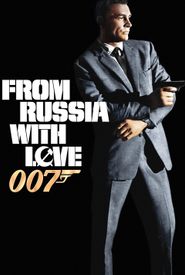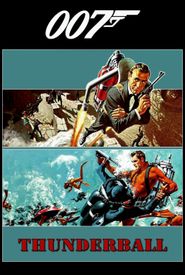Richard Maibaum, a remarkable screenwriter, had a profound impact on the world of cinema, particularly in the realm of the James Bond franchise. Born with a flair for the dramatic, Maibaum's early life was marked by his attendance at New York University, followed by a stint at the University of Iowa, where he honed his skills in acting.
As a young man in his late twenties, Maibaum had already established himself as a respected Broadway actor and playwright. His transition to screenwriting began in 1937, and he went on to spend the war years serving with the army's Combat Film Division. Following his military service, Maibaum joined Paramount Pictures in 1946, where he worked as both a screenwriter and producer on notable films such as The Big Clock (1948) and The Great Gatsby (1949).
It was during the 1950s that Maibaum formed a partnership with producers Irving Allen and Albert R. Broccoli, a collaboration that would ultimately lead to his involvement in the James Bond series. This partnership proved to be a shrewd business move, as it allowed Maibaum to take advantage of the tax benefits associated with producing films abroad.
As a result of his partnership with Allen and Broccoli, Maibaum played a pivotal role in shaping the image of the world's most iconic spy, James Bond. His work on the James Bond franchise, which spanned nearly three decades, from Dr. No (1962) to Licence to Kill (1989, cemented his status as one of the most influential screenwriters in the history of the series.
